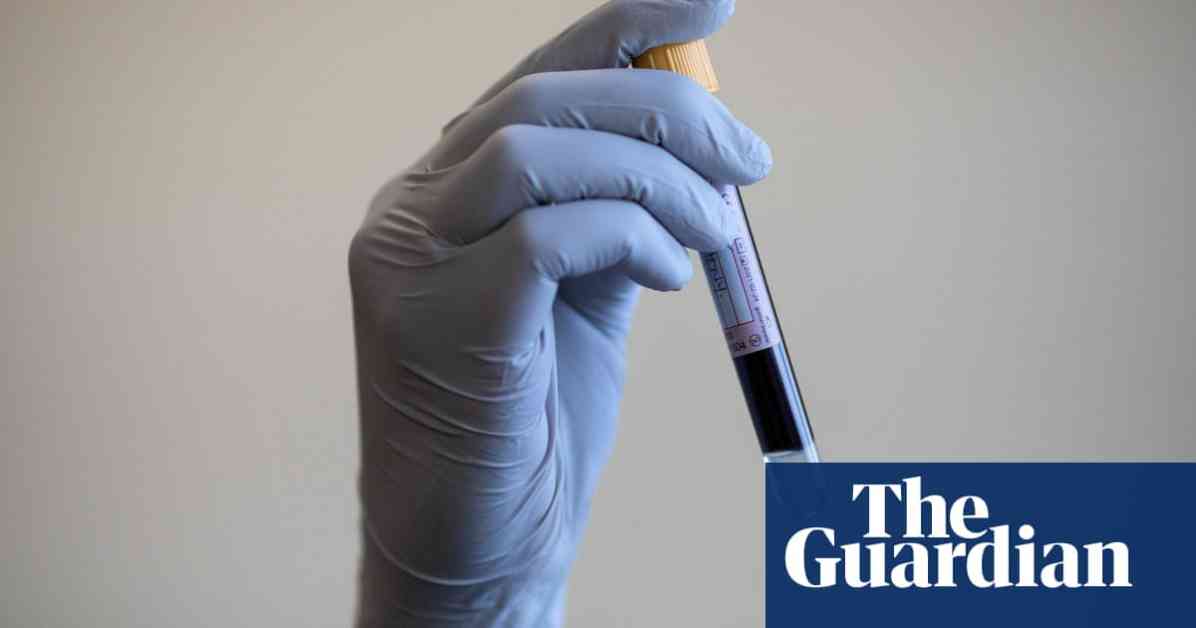The government is set to provide funding for a new £120 blood test that has the potential to detect the 12 most common forms of cancer before symptoms even develop. This new Mionco screening test can identify up to 50 different types of cancers without producing false positives, similar to the PCR tests used during the Covid pandemic. The test specifically targets common cancers such as lung, breast, prostate, pancreatic, colorectal, ovarian, liver, brain, oesophageal, bladder, bone and soft tissue sarcoma, and gastric.
According to scientists involved in the development of this innovative blood test, the government will be allocating £2.5 million through the National Institute for Health and Care Research to enhance the speed and efficiency of the test. Health Secretary Wes Streeting, who is a cancer survivor himself, believes that this new test could be a “gamechanger” in transforming cancer treatment within the next five years.
Streeting emphasizes the importance of early detection by stating that just a few drops of blood could potentially reveal the presence of lung, breast, or bladder cancer, thus eliminating the need for months-long waits for traditional tests and scans. He also criticizes the underinvestment in the NHS, highlighting the disparity between the public healthcare system and the private sector in terms of technological advancements.
The development of the Mionco screening test was made possible through the collaboration of scientists at Southampton University, who utilized clinical data from 20,000 cancer patients. The next phase of the project involves enhancing the artificial intelligence capabilities of the test by analyzing 8,000 blood samples from individuals of various ethnic backgrounds.
Professor Paul Skipp from Southampton University believes that a test like this could potentially save many lives by detecting cancers at an earlier stage. The goal is to have this test available within the NHS in the next five to seven years. Currently, NHS screening tests are available for breast, bowel, cervical, and lung cancer, but they typically involve scans or biopsies, which can be invasive and costly.
The UK currently spends a significant amount of money on screening for these four common cancers, as well as on follow-up procedures for false positive results. However, with the introduction of the new Mionco screening test, there is hope that both lives and resources can be saved through early detection and accurate diagnosis.
Furthermore, a recent £42 million screening trial focusing on revolutionizing prostate cancer treatment has begun in the UK. Thousands of men will be participating in the initial phase of the trial, with plans to recruit hundreds of thousands of volunteers as the program expands in the coming years. This initiative marks another step towards improving cancer detection and treatment on a broader scale within the healthcare system.












